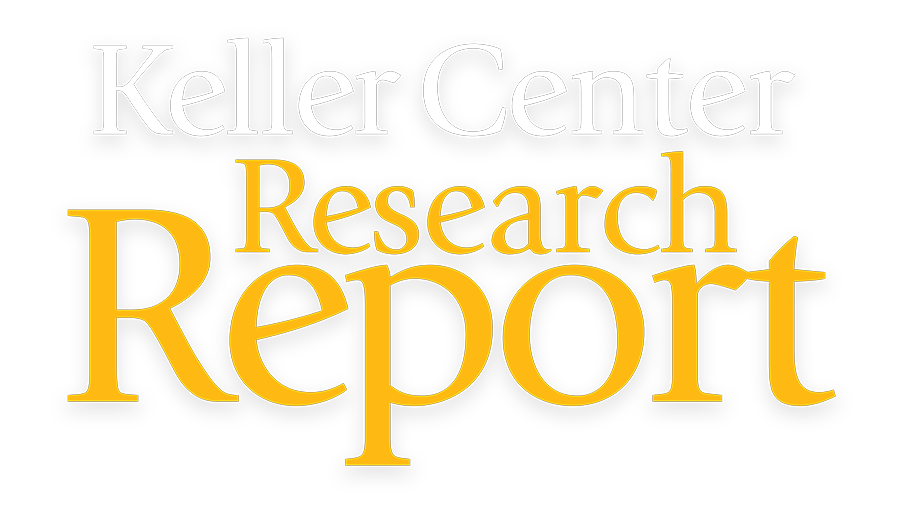The Center's team of faculty, staff, and graduate assistants engage with academics and consultants from around the globe to highlight the latest research in the areas of marketing and sales, management, technology & ethics, among others, with implications for today's real estate professionals.
Recent Stories
Technology has transformed the way businesses market products and services, making it essential for marketers to stay up to date with the latest trends in digital marketing. In Digital Marketers Sound Off, Matt Chiera interviews some of the most successful and innovative digital marketers in the industry, sharing their experiences and offering insights into the strategies that have led to success.
Do you frequently find yourself second guessing past decisions or succumbing to negative thoughts? Are you unbearably stressed or anxious over various events? In the book Stop Overthinking, Nick Trenton outlines several key strategies to combat stress, rumination, and overthinking.
The intent behind advertising is never just to spend money, but to engage consumers. Our research links the use of negations—which advise what not to do through words such as like no, not, can’t, don’t—to increased consumer engagement. Our paper examines how the use of negations impact consumer engagement, while also considering negations’ effect on how powerful brands seem.
Having employees of various backgrounds and experience is vital to increasing access to markets, translating to a higher chance of marketplace success. Although industry has noticed the impact that a diverse workforce can have on an organization’s success, we studied whether consumers notice workforce diversity and whether diversity affects consumer response to the firm.
The ways in which gender affects negotiations and business interactions has been studied extensively and remains a topic of interest across various fields. Research has not, however, applied these ideas to the real estate industry, where the majority of agents are female. Our research aims to address this gap and answer how agent gender and interactions with agents of the same or different gender affect bargaining power in real estate transactions.
Our research investigates the impact of amoral management—a type of leadership approach that is devoid of ethical considerations, or simply, leadership’s failure to respond to situations that have ethical implications—on employees and organizations. We also examine the connection between amoral management and unethical behavior, which has implications in the real estate industry.
A firm's onboarding process acts as a foundation in new hires’ perception of the company and sets the stage for their future at the organization. Companies devote hours of time and millions of dollars each year to onboarding new employees and in trying to find the best way to induct new employees into the organization. Our research examines different types of onboarding programs and determines which type best impacts the success of the salesperson.
In The Mental Toughness Handbook, Damon Zahariades provides practical advice and strategies for building resilience, perseverance, and self-discipline, skills that are more important than ever in the current climate. By developing mental toughness, we can learn to overcome fear and self-doubt, stay focused on our goals, and navigate the complexities of the world around us.
